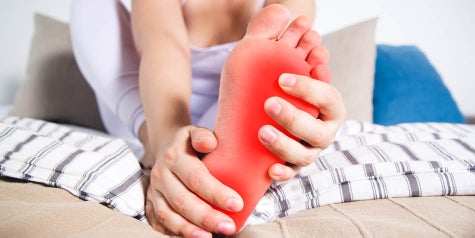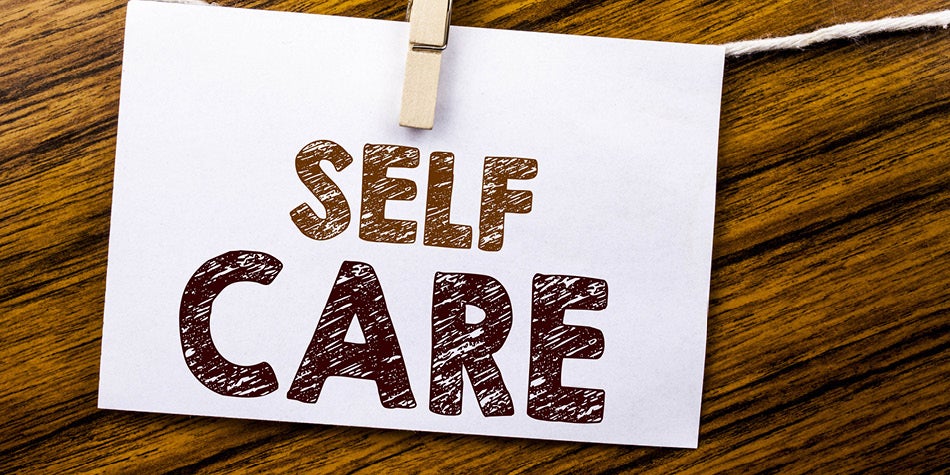Don’t Let Gout Take You Off Your Feet

You make a walking date with a friend. As you dress and lace up your shoes, suddenly and intensely, you experience joint pain and swelling in your feet, particularly your right big toe. This isn’t the first time this has happened. Now the last thing you feel like doing is meeting your friend for a walk in the park. The aching, recurring discomfort in the feet could be an indication of gout. The pain may come and go, but when arthritic gout occurs, it can be disabling.
Gout occurs when a normal waste product known as uric acid collects in the body and forms needle-like crystals in the joints, resulting in inflammation. The accumulation of uric acid happens when the kidneys and gut cannot remove uric acid from the body efficiently or there is overproduction of uric acid in the body.
A common misconception is that only older individuals have gout. More accurately, anyone can develop gout. Most cases occur in men (young and old) and in women after menopause. Risk factors for gout include obesity, hypertension, kidney disease, use of certain medications (i.e., diuretics, aspirin), organ transplantation and a diet rich in meat and seafood, alcohol, sodas and other sugary drinks.
During an attack of gout there can be intense pain and swelling to one or more joints. The joint may also be red and warm. Many cases occur in the big toe, but any joint can be involved.
Gout treatment exists, but therapy should be tailored for each person. Relief choices depend on kidney function, other health problems, personal preferences and other factors.
One thing individuals can do to improve inflammation is pay close attention to food and drink intake. Certain foods and medications can elevate uric acid levels and lead to gout attacks. These include alcohol, sodas and sugary drinks, red meat and shellfish. Patients can limit or avoid these items and track symptoms in a journal.
As certain foods are known to trigger or worsen gout, some foods may aid in gout reduction. These include cherries, pineapple, ginger, turmeric, lemons and other foods recommended by a rheumatologist. These fruits and spices can easily be added to smoothies, low-fat yogurt, salads and snacks. Following the gout diet will help to reduce the number and severity of flares but you may still need medication to get the uric acid in the body low enough to have the best control of your gout.
If you want immediate relief from gout, a rheumatologist can discuss medications and other treatment options with you. Every person and case is different. The team at Baptist Medical Group – Rheumatology will listen and help you with your specific needs.
Fortunately, it is possible to treat gout and reduce the number of painful attacks. Baptist Medical Group – Rheumatology providers can ensures patients understand their diagnosis, review proper nutrition, discuss medications that decrease uric acid levels and develop customized treatment plans that return patients to the active life they deserve.
Don’t let gout take you off your feet permanently. Relief is possible so you can start walking and being active again.


